Common Species of Wood used as Trailer Decking
Send us an Inquiry
TrailerDecking.com works exclusively with NATURALLY DURABLE APITONG and ANGELIM PEDRA for Industrial Applications. The woods listed
below are typically used in truck and trailer industry with the exception of softwoods Douglas Fir and Western Red Cedar which are shown for comparison purposes only.
-
Apitong, Keruing
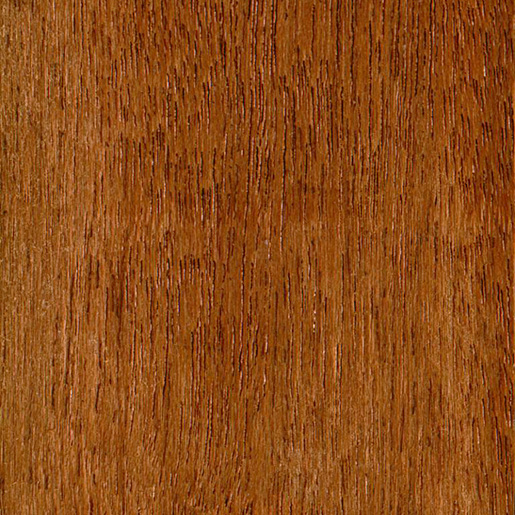
- Other Names: Dipterocarpus spp, Hagokhak, Panau, Dau, Yang, Eng, In, Heng, Keroeing, Kerunwing, Kruen, Kurjun, Klalar, Lagan, Bagac, Gurjun
- Description: Keruing or Genuine Apitong is the name given to approximately 70 species of Dipterocarpus throughout Southeast Asia. It is a common specie of wood and has been used for truck trailer components since the 1960's. Apitong is one of the most popular exotic hardwood species that comes out of South East Asia. The name Apitong has its origin as the local Philippine name and encompasses the tree species from the genus Dipterocarpus. Due to Apitong’s unique mechanical and physical properties, it is commonly considered to have one of the best strength to weight ratio of any commercially harvested species. Recognizing the wonderfully unique properties of Apitong, many experienced and globally savvy buyers choose the value and reliability of Apitong and consider it the undisputed species of choice for truck and trailer flooring.
- Hardness: 1,520 pounds
- Strength (MOR): 19,900 psi
- Stiffness (MOE): 2,070 1000 psi
- Density (KG/m3): 790
- Tangential Shrinkage: 10.9%
- Radial Shrinkage: 5.2%
-
Brazilian Apitong, Angelim Pedra
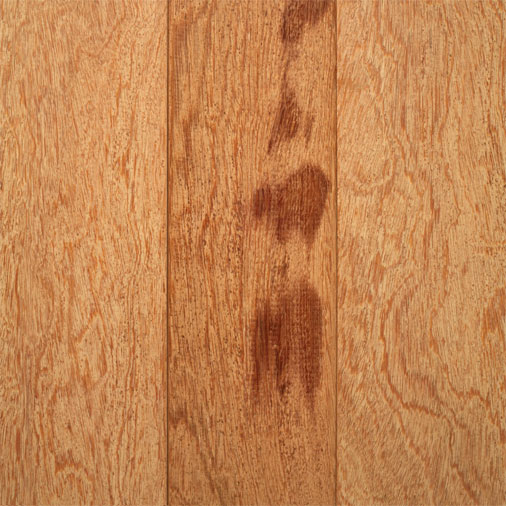
- Other Names: Hymenalobium excelsum, Para Angelim, Brazilian Apitong, Brazilian Keruing, Angel's Heart
- Description: Angelim Pedra, commonly called Brazilian Apitong, is a medium tan color with a defined grain. It has mineral deposits, known as pedras (stone in Portuguese), which is where it gets its name. Angelim Pedra is commonly used in industrial applications as well as for exterior residential decking. It is naturally durable and economically competitive to other industrial woods such as Keruing / Apitong.
- Hardness: 1,720 pounds
- Strength (MOR): 18,255 psi
- Stiffness (MOE): 2,050 1000 psi
- Density (KG/m3): 690
- Tangential Shrinkage: 7.1%
- Radial Shrinkage: 4.4%
-
Purpleheart
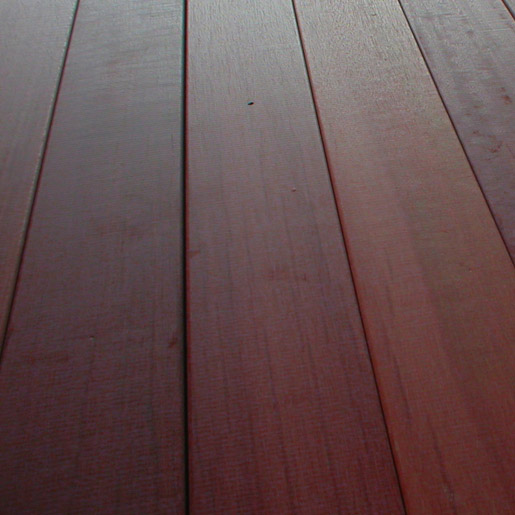
- Other Names: Peltogyne spp, Pau Roxo, Roxihno, Pau Violeta, Amaranth
- Description: Purpleheart is an outstanding industrial application wood because it is naturally durable and very stable. Purpleheart has been used for many years in the trailer industry and the ship building industry. Typically available as rough lumber, Purpleheart can also be run to shiplap and S4S boards.
- Hardness: 1,860 pounds
- Strength (MOR): 21,300 psi
- Stiffness (MOE): 2,420 1000 psi
- Density (KG/m3): 1,057
- Tangential Shrinkage: 6.1%
- Radial Shrinkage: 3.2%
-
Red Oak
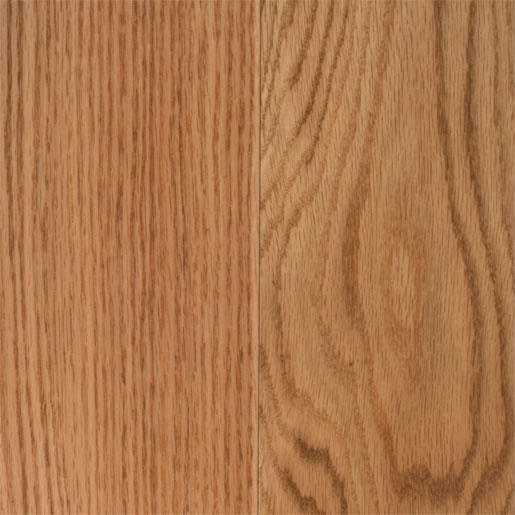
- Other Names: Quercus spp, American red oak, Black oak, Canadian red oak, Gray oak, Northern red oak, Southern red oak, Scarlet oak, Spanish oak
- Description: Oak is one the more popular woods for LTF or Laminated Truck Flooring. It is somewhat durable and reasonably hard, however it is not the most stable wood available.
- Hardness: 1,290 pounds
- Strength (MOR): 14,300 psi
- Stiffness (MOE): 1,850 1000 psi
- Density (KG/m3): 780
- Tangential Shrinkage: 8.6%
- Radial Shrinkage: 4.0%
-
Southern Yellow Pine

-
White Oak
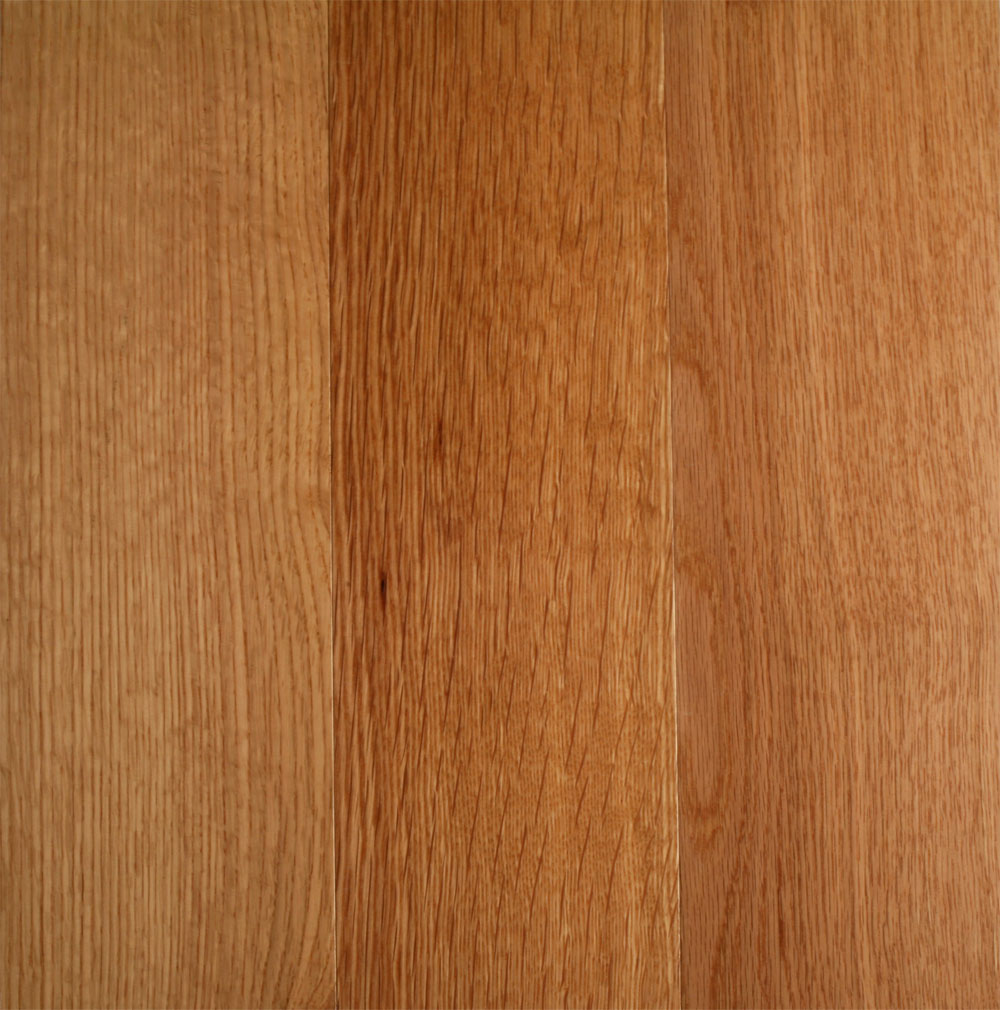
- Other Names: Quercus spp, Arizona oak, Stave oak, white oak, Swamp white oak, Brewer oak, Garry oak, Oregon oak, California white oak, Valley oak, Valley white oak,
- Description: White Oak is often used for LTF, Laminated Truck Flooring. It is harder than Red Oak and slightly more durable. To tell the difference between White and Red Oak, look carefully at the end of a piece and look for open pores - if the pores are open than you are looking at Red Oak; if the pores are filled with cellulose and closed, then it is White Oak.
- Hardness: 1,360 pounds
- Strength (MOR): 15,200 psi
- Stiffness (MOE): 1,780 1000 psi
- Density (KG/m3): 900
- Tangential Shrinkage: 7.4%
- Radial Shrinkage: 4.2%












